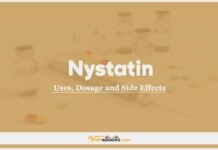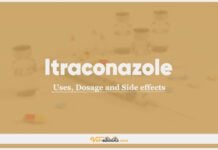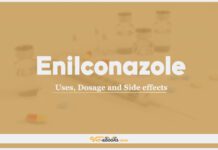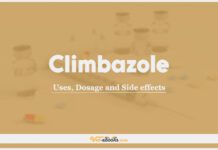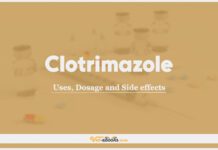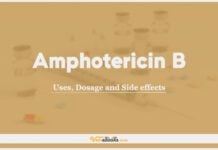Ketoconazole In Dogs & Cats: Uses, Dosage and Side Effects
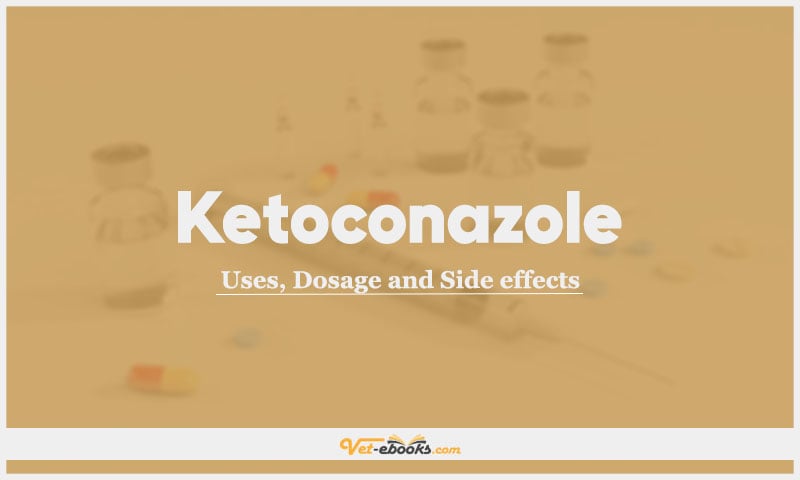
Overview
- Broad-spectrum imidazole inhibits the cytochrome systems involved in synthesising ergosterol in fungal cell membranes, resulting in increased cell wall permeability and cellular content leakage.
- In addition, it inhibits the synthesis of cortisol in the adrenal glands of mammals.
Uses of Ketoconazole
- Treatment of Microsporum canis, Microsporum gypseum and Trichophyton mentagrophytes.
- Useful in treating aspergillosis, candidiasis, blastomycosis, coccidioidomycosis, cryptococcosis, sporotrichosis and Malassezia dermatitis.
- May be effective in the medical management of hyperadrenocorticism where trilostane and mitotane are not available or tolerated but is generally less effective than either.
- In combination with ciclosporin to reduce the dose of ciclosporin is required.
- Concomitant use of ketoconazole is likely to increase blood levels of cyclosporin.
- Can be used with amphotericin B in systemic fungal disease and in such cases the dose of amphotericin is reduced. See specialist texts for details.
Dose of Ketoconazole in Dogs and Cats
Dogs:
- Antifungal therapy: 5–10 mg/kg p.o. after meals, once daily.
Several months of treatment may be required depending on the organism and site of infection. - CNS or nasal infections: Doses up to 40 mg/kg/day are recommended (often in
conjunction with amphotericin B); ketoconazole does not attain therapeutic levels in the CNS at ‘normal’ doses. - Hyperadrenocorticism: 5 mg/kg p.o. q12h for 7 days, increasing to 10 mg/kg p.o. q12h for 14 days if no adverse effects are seen.
- Perform an ACTH stimulation test after 14 days and if there is inadequate suppression gradually increase the dose to 15–30 mg/kg p.o. q12h.
Cats:
Not recommended.
Drug Dosage Calculator
You Should Give:
Side Effects of Ketoconazole in Dogs and Cats
- Hepatotoxicity.
- Anorexia.
- Vomiting.
- Alterations in hair-coat colour.
- Thrombocytopenia and adrenal insufficiency at high doses.
- Ketoconazole possibly has teratogenic effects.
- Has been associated with cataract development in dogs.
Contraindications of Ketoconazole in Dogs and Cats
- Do not use in animals with hepatic insufficiency.
Some Notes:
- Ketoconazole inhibits cytochrome P450 and may decrease the elimination of drugs metabolized by this system.
- The absorption of ketoconazole may be impaired by drugs that increase the pH of gastric contents, e.g. antacids, antimuscarinics proton pump inhibitors and H2 blockers; stagger dosing of these drugs around ketoconazole dose.
- Ketoconazole extends the activity of methylprednisolone.
Tip
Do You Want To Increase Your Veterinary Knowledge and Practical Skills?
You Can Now Browse and Download +3000 Books For Veterinary Professionals & Students Online.
Download Veterinary Books




